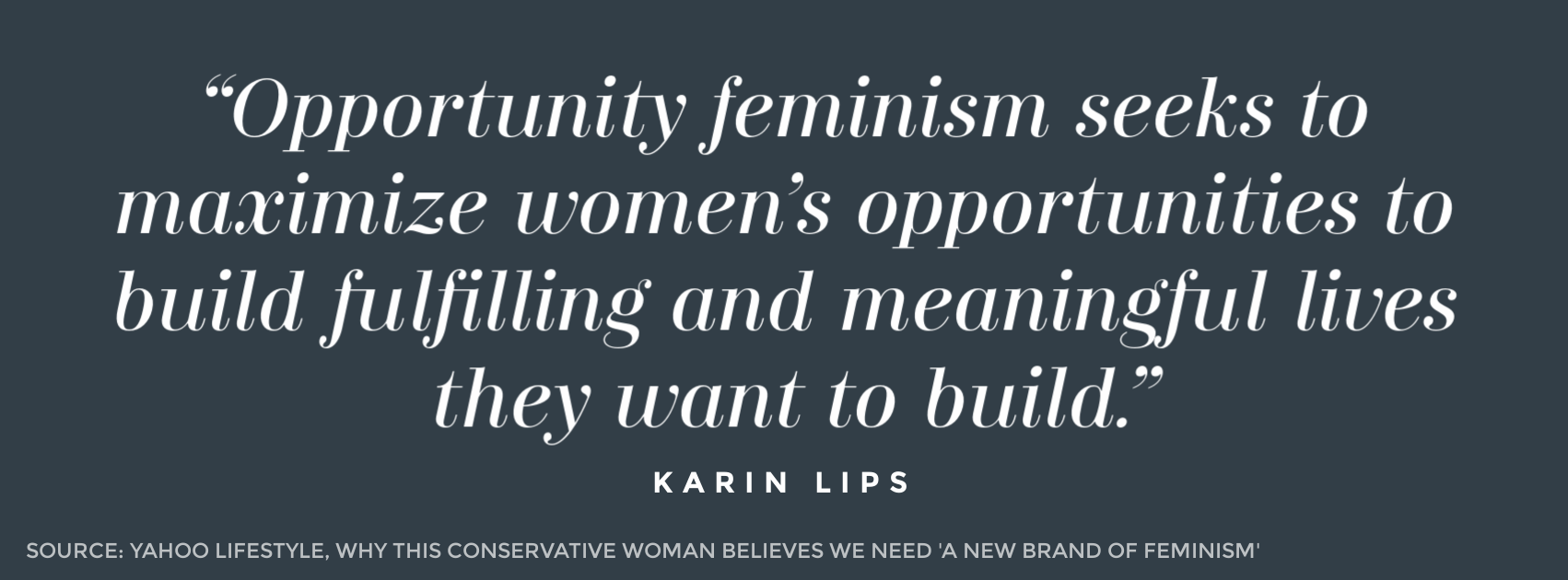The 2016 Playbook For Young Voters
This article originally appeared in Forbes.
On Tuesday, voters in five states will hold primaries, and the results will likely move Former Secretary of State Hillary Clinton and businessman Donald Trump closer to their respective party nominations. That may be good news for Democrats, judging by a newly released poll of young voters showing a strong majority favors Clinton over the real estate magnate for the White House.
This morning, Harvard’s Institute of Politics, where I am currently a resident fellow, released the latest results of its ongoing survey of young voters. According to interviews of 3,183 Americans aged 18 to 29, 61% of likely voters would vote for Clinton if the election was held that day, while only 25% would support Trump and 14% were unsure. Overall, 61% of respondents favored maintaining the Democratic Party’s control of the White House to 33% hoping for a Republican. The divide between party preferences has nearly doubled in the past year from a 15 point divide.
For Republicans already nervous about the GOP’s prospects come November, the Institute of Politics poll data adds to concerns that Trump and other Republican candidates are struggling to appeal to millennials. And for Clinton and her supporters, the survey adds to their bullish outlook for the fall’s election.
But a closer look at the poll results suggests an opportunity for both parties to rethink their playbooks for the upcoming campaign to appeal to young voters. Here are three key findings from the Harvard Institute of Politics poll and potential implications for the campaigns.
1. Millennials aren’t happy with the country’s direction.
Only 15% of the young voters surveyed believed that the United States was headed in the right direction. More than three times as many, 47%, responded that the country was on the wrong track. And 48% of respondents agreed with the statement, “politics today are no longer able to meet the challenges our country is facing.”
Today’s young Americans have come of age during a time when finding job and more specifically, a job that fits their skill level, has been a challenge, even for those students who have earned college degrees. At the same time, they see the spread of terrorism, violence and instability across the globe.
For Clinton, or Bernie Sanders, a challenge for 2016 will be to convince young voters that four more years of a Democratic administration will get the country on the right track. After all, President Barack Obama was supposed to deliver hope and change nearly eight years ago and usher in a new era of governance. For the eventual Republican nominee, young voters’ disillusionment and distrust of politics offers hope that a compelling candidate promising a new version of “change” might resonate with young people.
2. Millennials distrust the nation’s institutions of power.
When it comes to institutions of power, distrust is rampant among millennials. Less than a quarter of millennials reported that they trusted the federal government, Congress, Wall Street or the Media “to do the right thing” all or most of the time. The Media was the most distrusted institution tested with only 9% believing in the Media at least most of the time. Even Obama was distrusted by 60% of respondents. Only the U.S. military earned a majority of millennials’ trust and a bare majority at that.
Who can blame them? How many people really trust Congress or the Media, for example, to do the right thing all or most of the time?
For Clinton, this could be a tough one. The good news of the survey for her is that a group of young Americans who distrust most of the nation’s institutions of power still apparently favor her for the White House. That is impressive, seeing as she is so closely aligned with these same institutions.
But the survey’s results also highlight one of the Former Secretary’s weaknesses: 53% of young people responding had an unfavorable view of Clinton. Sanders, her opponent, was the only candidate who had higher favorable than unfavorable views. He has been dominating Clinton among young voters since Iowa.
For Trump, Senator Ted Cruz, Governor John Kasich or any other Republican contender who may emerge from the convention in Cleveland, there is an opportunity to offer the Republican ticket as an alternative to the status quo and Washington’s institutions. A nominee who presents himself as a true outsider and change-maker may have a chance to appeal to frustrated millennials and overcome current unfavorable views.
3. Millennials reject both socialist and capitalist labels.
While more millennials support capitalism, than socialism, a majority of millennials reject both labels. Only 16% of respondents self-identified as socialists and 33% supported socialism, while 19% self-identified as capitalist and 42% supported capitalism.
A third of millennials in the survey self-identified as progressives and support among young people of progressive policies increased over the last year. For example, support for basic health insurance as a right for all people and the idea that the government should provide it if someone can’t pay for it increased by 3% to 48%. There were also increases in support for more government spending to reduce poverty, the government to provide food and shelter to people who can’t afford them and for the government to do more to curb climate change even at the expense of jobs.
Sanders, a self-described Democratic socialist, has been winning young Democratic primary voters by huge margins. His success raises the question of what economic system young voters support. Candidates in both parties are going to have to figure out how to win the support of these young votes.
* * *
Ultimately, millennials believe that the country is headed in the wrong direction and they don’t think the current leadership in Washington is likely to solve the nation’s problems. The challenge for both parties and the respective candidates is to offer a better vision for the future, and convince millennials that they are telling the truth.



